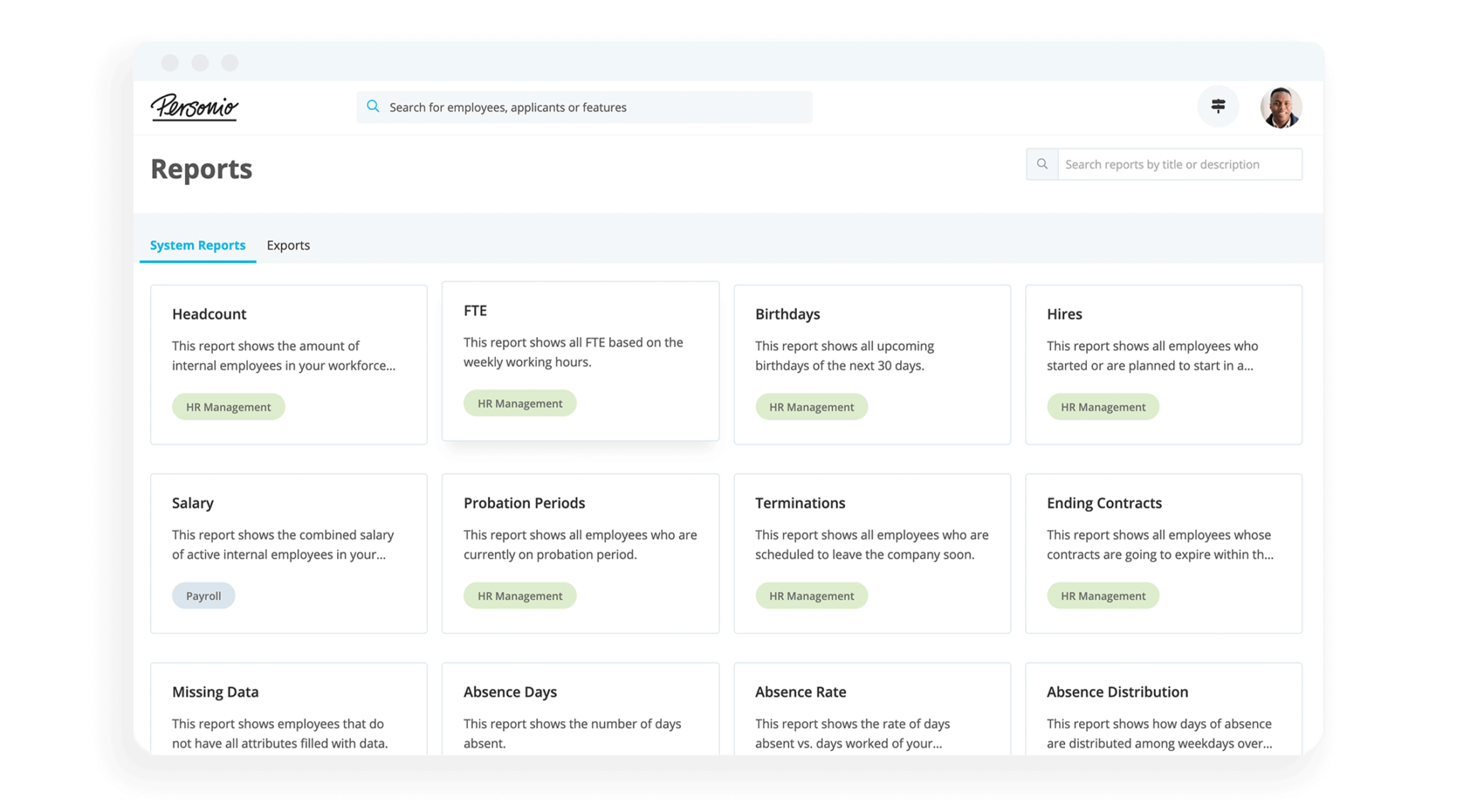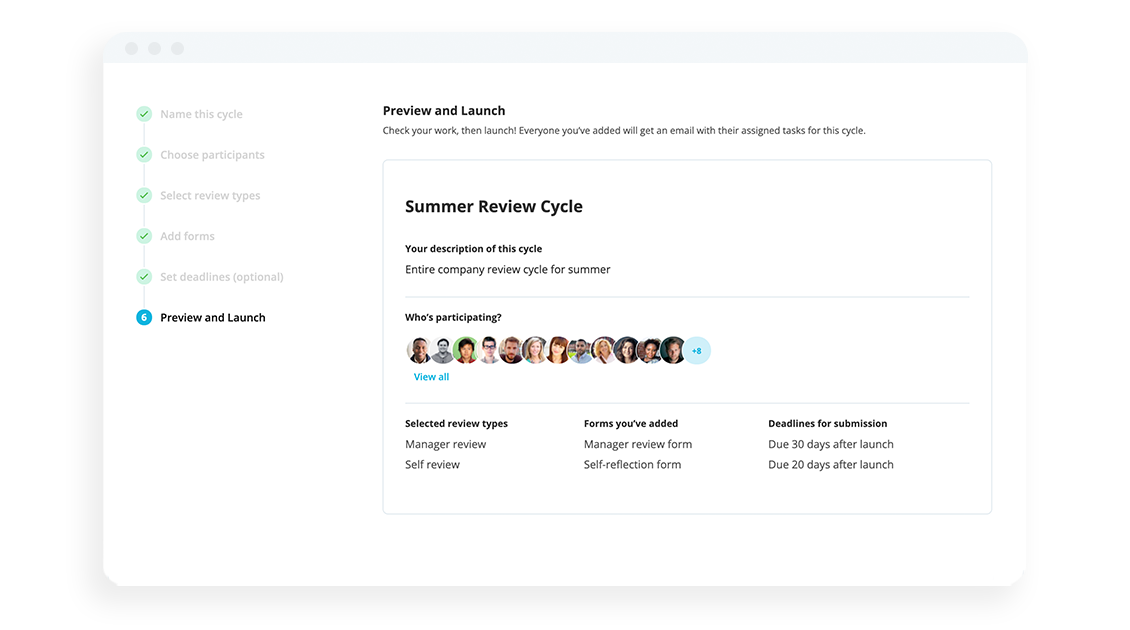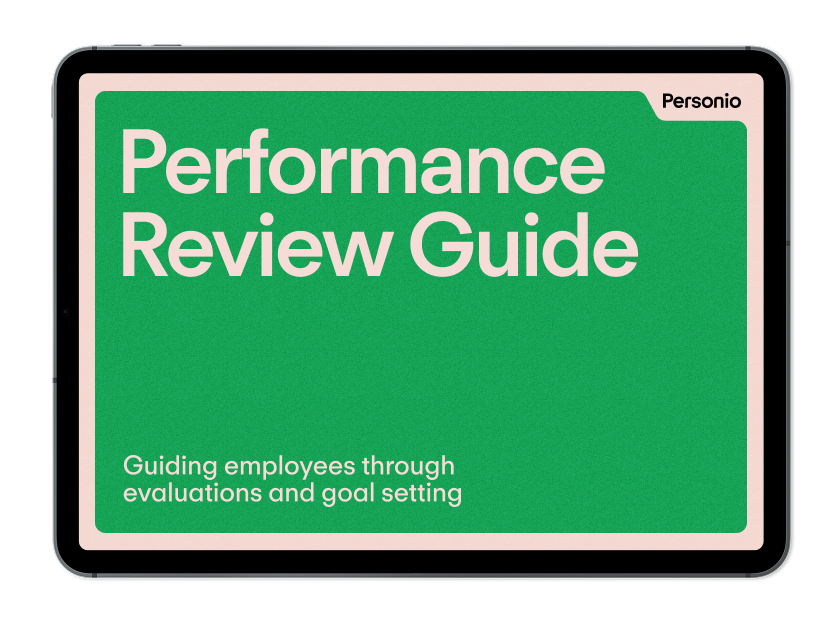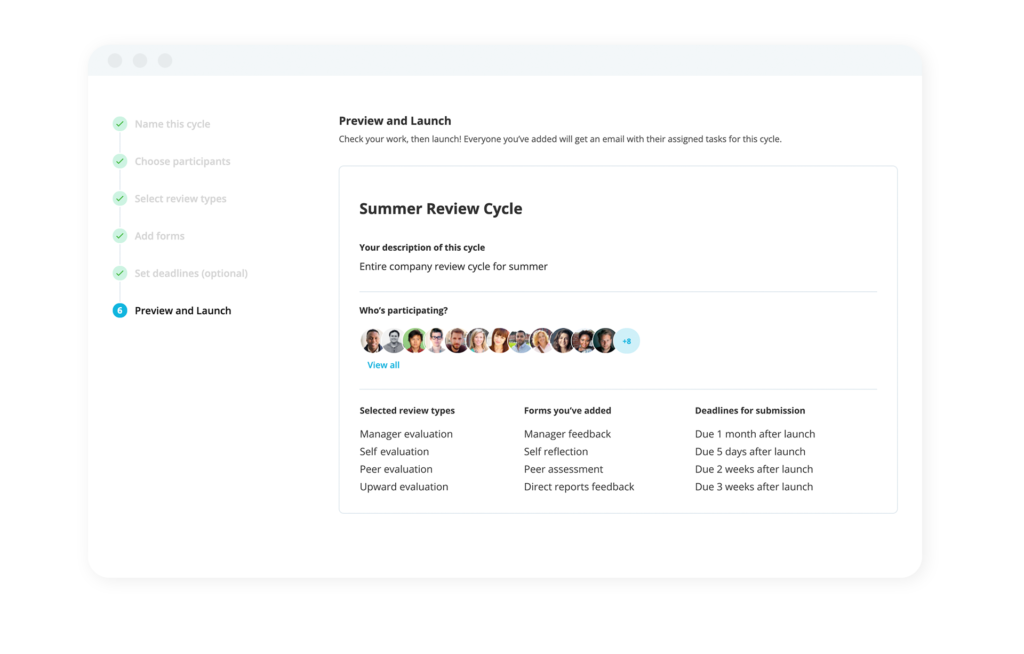30. December 2021
How HR Can Enable Amazing People Managers

A great people manager not only provides employees with the resources they need to get their job done, but they expertly guide them through the entire employee lifecycle. That in mind, what role can HR play in enabling better people managers? Here's our advice on the matter…
Let’s talk about HR unlocking its own strategic ambition. Download our guide today.What Is A People Manager?
People managers are responsible for getting, developing, and retaining the right people in their organization. They help attract top talent their way, guide them and help them become better at what they do, and encourage them to stick around thanks to all of that.
There’s a very big difference between a good people manager and a bad one – and often the difference comes down to how people managers are led and guided by their HR team. When done well, HR can enable amazing people managers.
What Makes For A ‘Good’ People Manager?
It’s rather easy to spot a good people manager. They seem to command respect and loyalty. They understand their team members. They motivate those reporting to them to do more, be more, and achieve more. But they also know how to balance the admin involved in managing people without letting it overwhelm them.
A good people manager is part mentor, part advisor, part disciplinarian, part inspirer, and part administrator. It’s HR’s job to make sure that they have all the skills they need to be the most amazing people manager they can be.
What Kind Of Metrics Help When Assessing A People Manager?
People managers are often assessed based on their ability to meet an organization’s objectives. Traditional metrics mean that they’re considered ‘good’ if they deliver value, meet KPIs, achieve goals and get the job done. To do this, they have to make sure that their team does the same.
But this is where it gets complicated: it’s not easy to keep people motivated all the time.
It’s definitely not easy to meet corporate objectives all the time, too. And, more often than not, people managers struggle to hold it all together (particularly in tough times).
And that’s why HR has a critical role to play in assisting people managers to be their best selves. Great people managers:
Operate with a clear vision
Communicate effectively
Trust (but validate), and are trustworthy
Showcase empathy
Connect with people, and are approachable
Are decisive
Motivate their employees
Are accountable
Solve problems and
Enable their team members’ professional growth.
But they can’t do it on their own. So, behind every great people manager’s success, more often than not, there is a proper talent management strategy to help them attract, develop and retain the best employees.
All Your HR Metrics In One Place: Personio

Whether keeping track of headcount, absence rates, or keeping on top of your people managers, Personio offers a single dashboard for all your HR analytics and reports. Click below to see how it works.
HR Analytics with PersonioHow Can HR Help People Managers Improve?
First and foremost, HR can help people managers understand themselves so they can be their best possible version by helping them separate personal problems from organizational ones.
Secondly, HR can help people managers understand their people, to get the most out of them. One of the ways of doing this is by understanding what motivates them.
A helpful tool to discover what drives them is to identify their ‘WHY’. The Why Institute is one organization that helps people understand what makes them do what they do.
For example, some people are driven by the core value of trust. Others are driven to make a difference. Some believe in challenging the status quo. Others find that developing mastery is their raison d’ être.
When HR leaders can help people managers identify the various drivers behind their team members’ behaviour, it becomes possible to match people to tasks more effectively and to understand the reasons behind any conflict.
HR can also help people managers realize the role that motivation plays in leading teams, and can provide motivational incentives to encourage consistent or improved performance.
HR also has the responsibility of ensuring that people managers, and their team, can recognize when they need a break. In some instances, they may even have to instruct people to take a break – to avoid burnout, or recover from it.
HR also has an important role to play in helping organizations communicate the overarching business strategy, so people managers can help their teams set goals towards achieving business objectives.
HR also helps people managers understand cultural norms, relevant legislation, best practice, and ethics so they can be open, ethical, fair, and transparent with their team members.
Lastly, and arguably most importantly, great people managers learn to listen to their staff. One of the best ways of getting to the real heart of an issue, as well as checking in on team members is by asking, "Is there anything else?” And if people managers are struggling to communicate with team members, HR can help here, too.
Get The Best Out Of Every People Manager

Use Personio’s Performance function to help get the best out of all your people managers. Run automated performance cycles, allow for employee self-reflection, and more. Click below to see it in action.
Optimized Performance With PersonioWhat Are Some Best Practices For First-Time People Managers?
Learning to be a great people manager doesn’t come overnight. It’s not easy to practice empathy, build trust, understand human motivations, appreciate your people and find, share, use and build on knowledge – particularly when the day-to-day responsibilities of being a people manager may seem to take precedence. But great people managers know that putting their people first allows them to achieve more.
When individuals become people managers for the first time, it’s wise to help them start with these principles. HR teams can help first-time people managers in the following ways:
By helping first-time people managers understand that employees need different things and help them identify how to manage every person differently. Assessments that help identify people’s motivators are really helpful to boost employee motivation.
By making it possible for first-time people managers to do the mundane tasks required of managers as quickly and easily as possible. Using great HR tools like people workflow automation can make a huge difference to new managers!
By providing them with the advice, guidance, and support they need, so they can ask questions, admit that they need help, and learn to improve progressively. An employee training program can be a big assistance in this context.
By reassuring them that they’re not alone, even when times are tough. That’s why it’s helpful to consider an Employee Assistance Programme.
What Kind Of Programs Can HR Introduce For People Managers?
HR operates across the entire employee lifecycle: from the moment that an employee sees your company’s brand (before someone even considers applying to work for you), until the day they decide to move on. Across this lifecycle, HR can support people managers to be their best versions of themselves with a diverse range of programs. A few examples include employee training programs, employee recognition programs, employee assistance programs, and employee referral programs.
But behind every great HR program are the fundamentals that keep the company working and working well. It’s vitally important to have a good HR strategy on which these programs are based. Great HR leaders know this, and it helps them make their people managers great, too.
If people managers know that they’re not alone, and they have the support of their HR team, their lives – and the lives of their employees – will be much better.
And that’s how HR can enable amazing people managers.


